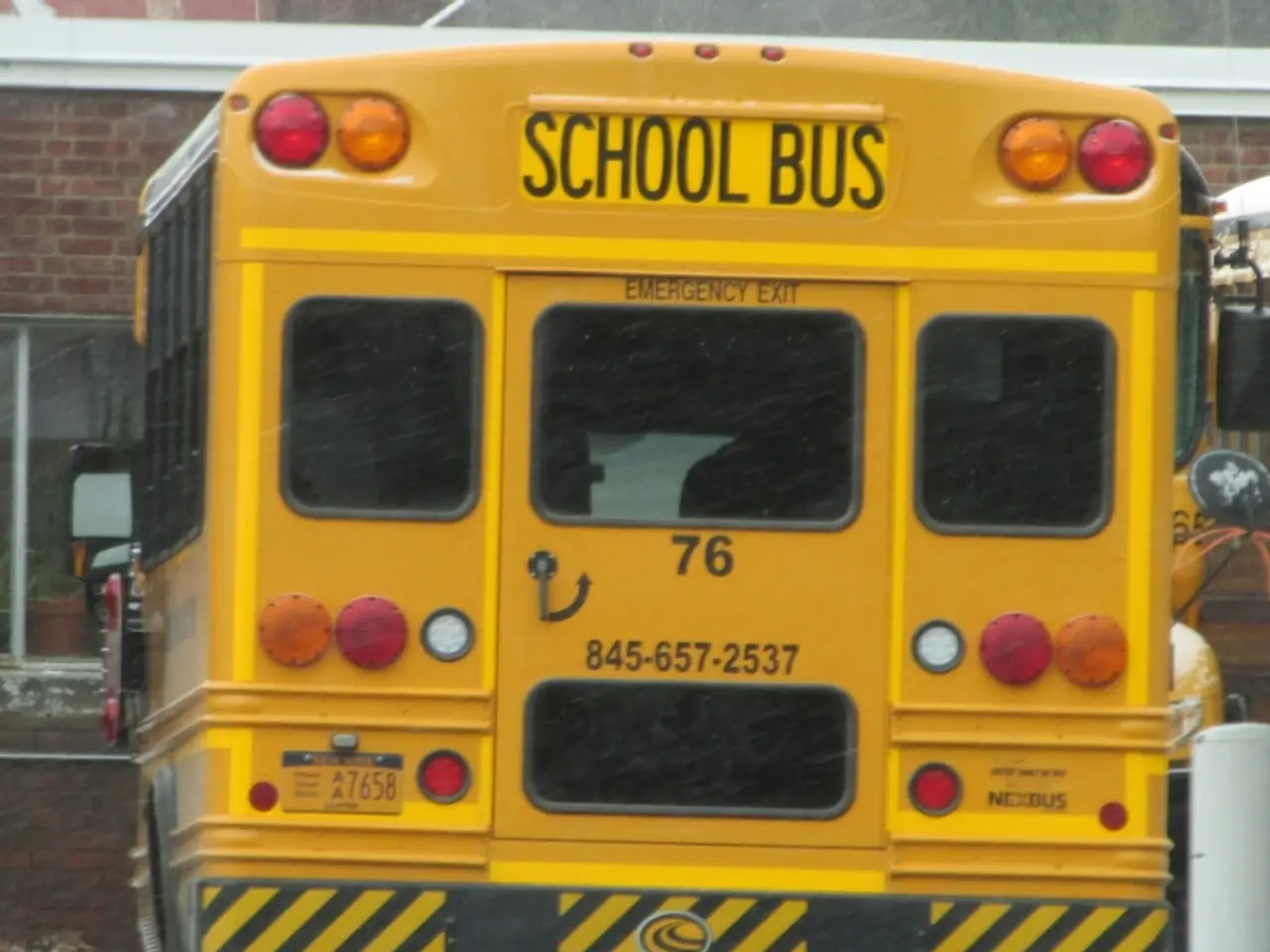Republican Efforts Under Fire for Pushing through a Constitutionally Questionable Law, According to Federal Judge
In recent years, a contentious issue has emerged in several Republican-led states, as they enact or attempt to enact laws requiring public schools to display the Ten Commandments or promote religious doctrine. These laws, however, are facing significant legal challenges and have been blocked or struck down by courts.
Last year, Louisiana's law mandating public schools to display the Ten Commandments was struck down by the U.S. 5th Circuit Court of Appeals, setting a precedent challenging similar laws. The ruling in Rev. Roake v. Brumley marked a significant victory for civil liberties groups.
More recently, Texas enacted a similar Ten Commandments requirement in 2025, sparking a lawsuit from diverse religious and nonreligious families. The case is ongoing in federal court, with advocacy groups like the ACLU and Americans United for Separation of Church and State involved.
Arkansas passed a law mandating the Ten Commandments be displayed in every classroom and library, but a federal judge issued a preliminary injunction blocking it in four school districts. The judge ruled the law "plainly unconstitutional" under the First Amendment's establishment and free exercise clauses.
Other Republican-leaning states such as Oklahoma, Utah, South Carolina, and North Dakota are considering or proposing similar bills, reflecting a coordinated movement to inject Christian religious doctrine into public-school settings. Legal challenges argue these mandates violate the separation of church and state and unconstitutionally coerce students into religious observance, potentially suppressing personal beliefs of students from diverse backgrounds.
The coordinated legislative push behind these laws has been linked to a far-right "bill mill," repeating nearly identical language, signaling a strategic effort to promote Christian religious values in public education under a historical or cultural guise.
Meanwhile, the Supreme Court has shown signs of being increasingly open to ruling in favor of conservative Christians. In May, the court narrowly blocked a religious charter school in Oklahoma from receiving taxpayer funds, with Justice Amy Coney Barrett recusing herself from the case. In 2023, the justices sided with Lorie Smith, a Colorado web designer, who sued her state over its law requiring equal service to all.
In a separate development, conservative leaders have taken over school boards and passed laws aiming to remove books with racial justice or LGBTQ+ themes from schools. This move was recently challenged in a Maryland case, where a group of parents claimed their religious rights were violated when Montgomery County Public Schools stopped allowing them to pull their children from school on days when the books in question were used in lessons. The court ruled 6-3 in favor of the parents.
As the legal battles continue, it remains to be seen whether these states will succeed in their efforts to inject religion into public schools. However, the ongoing resistance from courts and advocacy groups suggests a long and contentious road ahead.
- The ongoing debate over the integration of religious doctrine in public schools, as seen in the recent laws enacted in certain Republican-led states, falls under the category of policy-and-legislation and general-news.
- The legal challenges against laws mandating the display of the Ten Commandments or the promotion of religious doctrine in public schools, such as those ongoing in federal courts in Texas and Arkansas, are linked to education-and-self-development, as they deal with the constitutional rights of students and access to equal educational opportunities.




